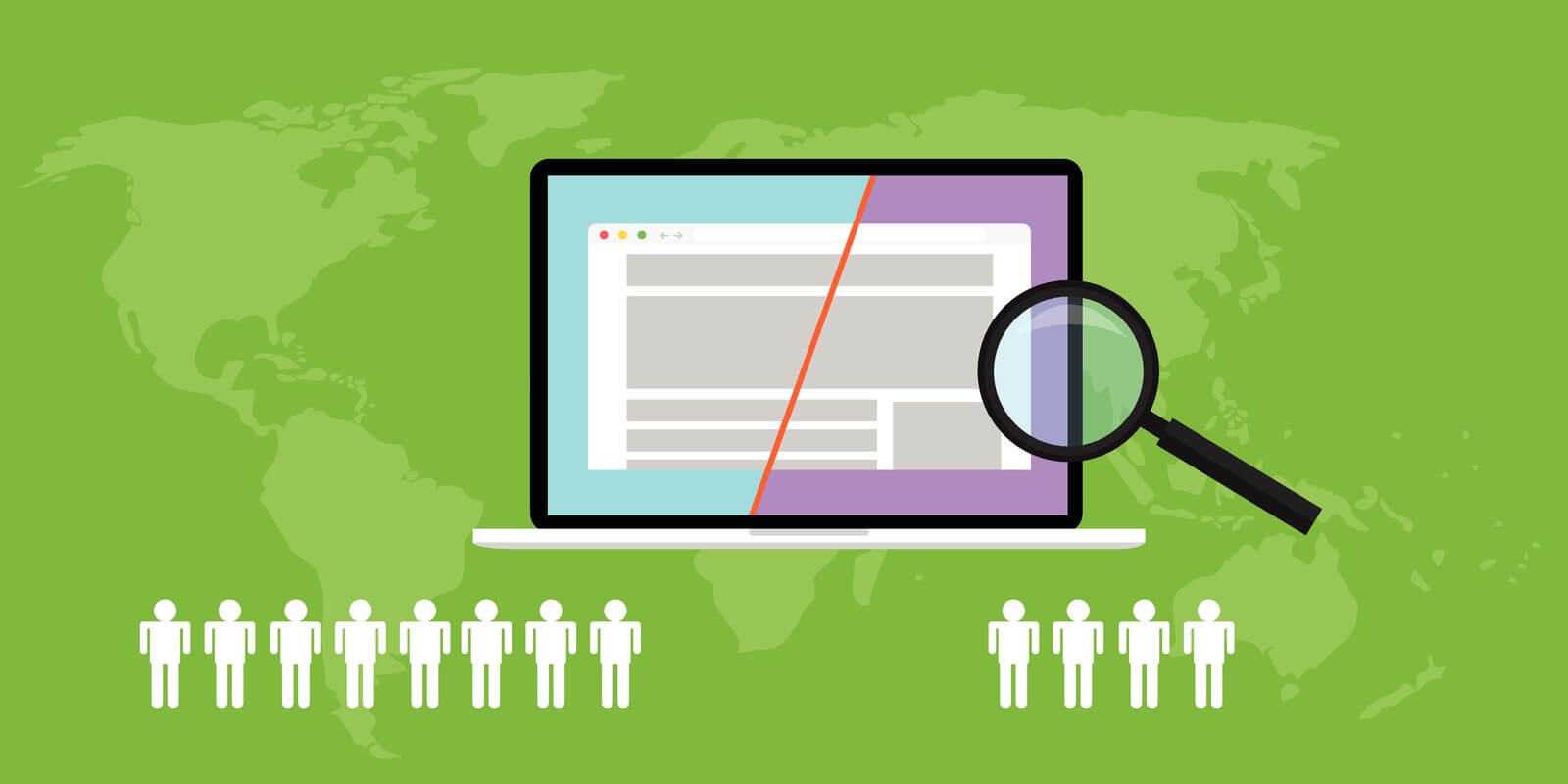Geolocation based marketing stands out as a groundbreaking approach, enabling businesses to harness the power of location data for tailored advertising and customer experiences. This innovative strategy revolves around identifying the geographical location of a user or device and utilizing this crucial information to deliver personalized services or targeted marketing efforts.
Geolocation based marketing offers a treasure trove of insights about consumer preferences, interests, and behaviors, empowering businesses to craft customized marketing initiatives that deeply resonate with their audience. This tailored approach can significantly boost engagement, drive website traffic, and catalyze conversions and sales.
About Geolocation Based Marketing
Geolocation based marketing is a technique that involves pinpointing the geographical position of a device or user through various methods such as GPS, IP addresses, Wi-Fi, and cellular networks. This crucial data is instrumental in offering tailored experiences or location-specific advertising.
Geolocation in Targeted Advertising
A prime application of geolocation based marketing is in targeted advertising. Leveraging location data enables businesses to formulate ads that are specifically designed for certain geographical areas. For instance, a restaurant could utilize geolocation data to display ads to users within a specific proximity, highlighting unique offers or menu items.
Customized Marketing with Geolocation
Beyond targeted ads, geolocation based marketing is key for personalized marketing initiatives. By gathering location data, businesses can develop bespoke marketing campaigns that cater to individual user locations, preferences, and behaviours. A retailer, for example, might send custom offers to customers as they enter a store, considering their previous purchases and current location.
Location-Based Promotions
Geolocation based marketing also encompasses location-based promotions. Businesses might incentivize customers who engage on social media at their premises, offering discounts or special deals. This approach not only drives in-store traffic but also enhances brand visibility.
Enhancing User Experiences through Geolocation
In addition to marketing and promotions, geolocation is invaluable in crafting customized user experiences. A travel application, for instance, could leverage location data to suggest personalized options for nearby attractions, dining, or events, tailored to user preferences and habits.
Gleaning Insights with Geolocation Analytics
Lastly, geolocation based marketing is a powerful tool for acquiring insights into consumer behaviour and preferences. Analyzing location data provides businesses with a deeper understanding of their clientele, enabling more informed decisions in marketing strategies and broader business operations.
Reaching Your Audience through Geolocation
Geolocation based marketing has revolutionized the way businesses interact with their target audience, offering varying levels of precision and effectiveness in audience targeting:
- Geotargeting
At its most expansive, geolocation based marketing employs geotargeting, which utilizes a web browser's IP address for audience targeting. This method is ideal for wide-scale marketing endeavors covering large regions like cities or states. However, its reliance on IP addresses means it lacks the precision required for highly targeted marketing efforts. - Geofencing
On a more refined level, geolocation based marketing employs geofencing. This technique leverages a smartphone's GPS location rather than its IP address, enabling businesses to target specific neighborhoods, streets, or even entire cities with remarkable accuracy. Geofencing is particularly effective in attracting foot traffic to physical locations but may not be as suitable for broader or highly specialized marketing campaigns.
The Strategic Advantage of Geolocation Technology
Investing in geolocation based marketing technology offers significant benefits for businesses. It not only enhances the efficiency and effectiveness of marketing campaigns but also drives cost savings and time efficiency, ultimately contributing to business success.
This technology allows companies to deliver more relevant, location-specific content and promotions, leading to increased engagement and customer loyalty.
In-depth Insights and Enhanced Customer Engagement
Geolocation based marketing also provides invaluable insights into consumer behaviour, enabling businesses to tailor their strategies to meet the unique needs and preferences of their audience. By understanding where customers spend their time and what they are interested in, businesses can create highly personalized and effective marketing campaigns.
Overall, geolocation based marketing is a dynamic and versatile tool, offering businesses the ability to connect with their audience in a more meaningful and targeted way. Whether it's broadening reach with geotargeting or creating hyper-localized campaigns with geofencing, this technology is essential for businesses looking to enhance their marketing strategies and achieve greater success.
Benefits of Geolocation for Websites
Geolocation based marketing is a transformative strategy for websites, offering a multitude of benefits that enhance user engagement and business performance:
Enhanced Customer Engagement and Personalized Experience
At the heart of geolocation based marketing is the ability to elevate customer engagement and experience. By leveraging a user's location, businesses can offer personalized recommendations and promotions, fostering a sense of understanding and care. This personal touch not only boosts engagement but also strengthens customer loyalty.
Increased Website Traffic and Higher Conversion Rates
Geolocation based marketing plays a crucial role in driving website traffic and improving conversion rates. By delivering location-specific advertising and promotions, websites can see a surge in user engagement and click-through rates, leading to more successful conversions.
In-Depth Consumer Behaviour Insights
The collection and analysis of geolocation data equip businesses with profound insights into consumer behavior and preferences. Understanding the geographical context of user interactions allows for the creation of more targeted and effective marketing campaigns, enhancing the overall strategy.
Competitive Edge through Targeted Marketing
Utilizing geolocation based marketing, businesses can gain a competitive advantage. Tailoring marketing efforts to the user's specific location allows for more effective and direct engagement, distinguishing a business from its competitors.
Strategic Value of Geolocation in Marketing
Incorporating geolocation not only personalizes the customer experience but also drives higher traffic and conversion rates. Additionally, it provides invaluable insights into consumer preferences and behavior, enabling businesses to refine their approach and stay ahead in the competitive landscape.
In summary, geolocation based marketing is an indispensable tool for websites seeking to enhance customer interaction, boost online presence, and achieve strategic business goals. It offers a unique approach to understanding and catering to the needs of the digital audience, ensuring that businesses remain relevant and successful in the ever-evolving online marketplace.
Potential with Geolocation Based Marketing
Geolocation has become an essential tool for modern marketing, allowing businesses to provide personalized experiences for their customers and gain insights into consumer behaviour and preferences. By leveraging geolocation data and technology, businesses can create targeted advertising campaigns, customized user experiences, and location-based promotions, all of which can help to improve customer engagement and loyalty, boost website traffic and conversion rates, and outpace competitors in the market.
For online businesses, geolocation offers a powerful tool for optimizing marketing strategies and improving the customer experience. By collecting and analyzing geolocation data, businesses can gain valuable insights into their customers' behaviour and preferences, and use this information to create targeted campaigns and personalized experiences.




